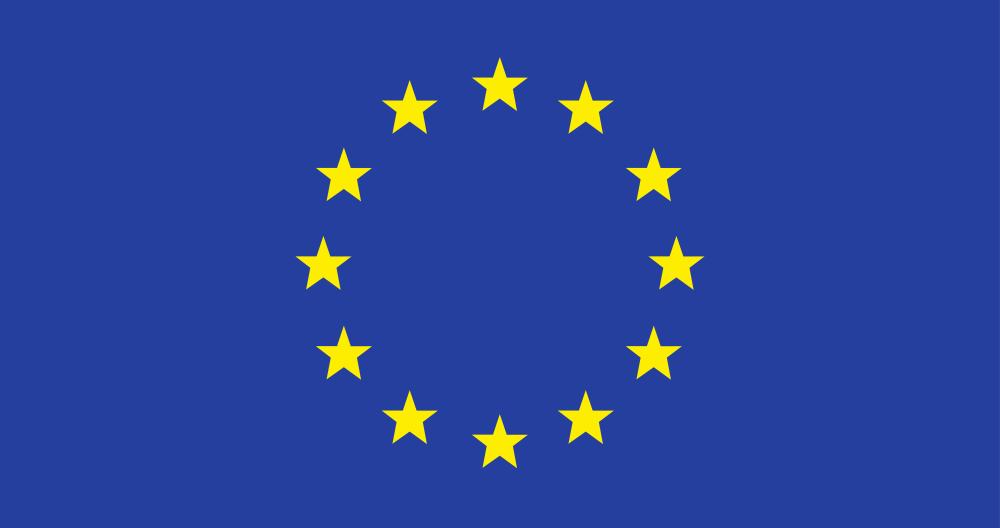The European Union promptly introduced the temporary residence directive in March 2022, which likely protected many who fled from exploitation and abuse by granting direct access to housing, financial support, education, and legal employment opportunities. However, certain barriers persist, and not everyone can access regular employment, leaving some individuals ineligible for the directive's benefits. Civil Society Organizations (CSOs) providing assistance are aware of labor violations and exploitative practices faced by Ukrainian and other migrant workers. Simultaneously, EU Member States are scaling back support programs, and in collaboration with the Ukrainian government, they are discussing the preparation for the return of Ukrainian refugees. Interestingly, the Ukrainian government is also contemplating inviting foreign migrant workers to aid in the country's reconstruction, despite the ongoing war.
This webinar organised by the ELECT THB project partners together with La Strada International seeks to delve into the risks of human trafficking and other severe forms of labor exploitation faced by those who left Ukraine, those who remained, and those who might return to the country.
Preliminary programme:
What do we know of the trafficking risks 1,5 years after the full-scale war started?
What are the exploitative labour practices we see that impact those that left or remained in Ukraine.
Which groups remain vulnerable and why?
What should be further done to reduce vulnerabilities?
What is the role of the states, and other actors including the private sector.
Introduction to the ELECT THB -project and patterns of exploitation observed.
Speakers
Anniina Jokinen, Senior programme officer, HEUNI, coordinator of the ELECT-THB project
Heather Komenda, Senior Regional Thematic Specialist for Migrant Protection at the IOM Regional Office in Vienna
Kateryna Cherepakha, Director, La Strada Ukraine
Kiril Sharapov, Associate Professor of Applied Social Sciences at Edinburgh Napier University, UK
Suzanne Hoff, International Coordinator, La Strada International

ELECT THB project was funded by the European Union’s Internal Security Fund — Police. Grant agreement number 101021497





+(1).png/8f27493d-2981-6be3-362f-5d66fe835a46?t=1692104554883&width=640)